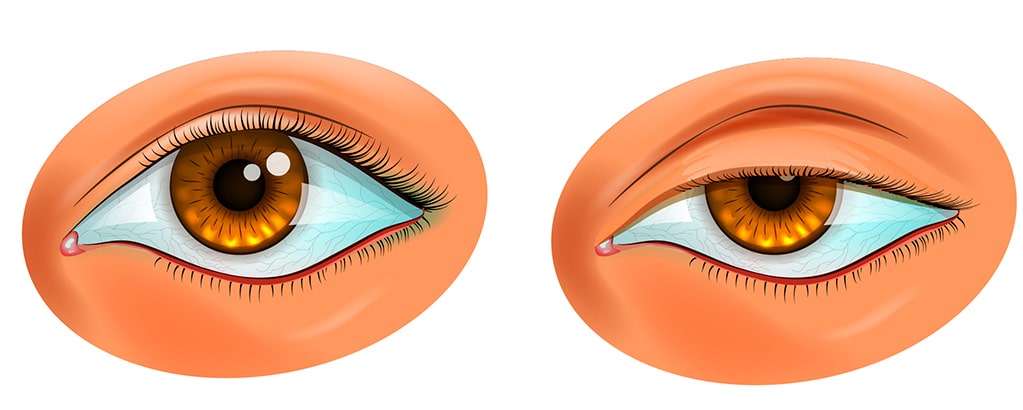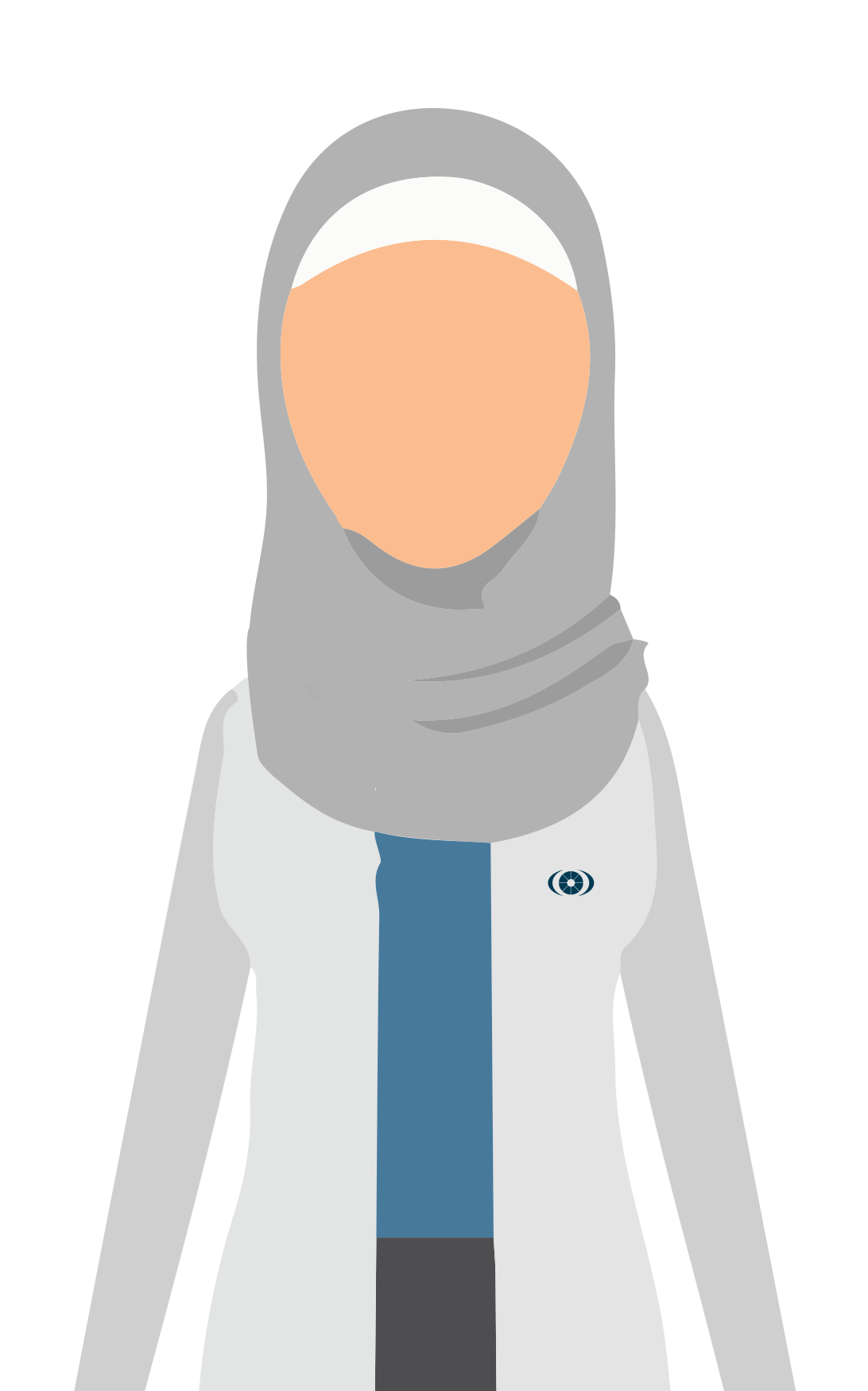
Ptosis surgery and complications
Ptosis is a kind of eye problem in which the upper eyelid comes lower than its normal position, covers a part of your eye and may make a sight trouble. The eyelid can sag just a little or it can come down as it covers the whole pupil. Untraditionally this eye condition may be called droopy eyelid too.
Specialists say this problem can be with the child since his birthday which is a congenital ptosis. It can occur as you age too (because of eye nerves damage). This eye condition can also be a complication of a cataract or LASIK surgery or any other eye correction surgeries.
Let’s clear the reason of ptosis occurrence. There are some muscles which their function is to raise the eyelid, named levators. If something happens to levators and they function inefficiently, so they won’t be able to hold the eyelid properly. Some diseases that weaken the eyelid muscles are known as reasons of this trouble, such as people who have a neurological disorder or diabetes or a tumor in their eye.
What is the treatment?
The treatment of this disease alters by your age. If a child has ptosis, his eye doctor prefers not to perform a surgery. The eye doctor would ask you to bring the child once in a while to him so that he can do some examinations. He may prefer to use eye patches, drops or eye glasses. He checks every time if the child needs this surgery.
If a mature person gets ptosis, it means that almost the only treatment is surgery. During the surgery, the surgeon would remove the excess skin or fold or strengthen the levator muscle. The adults might be able to use a special eye glass which can keep their eyelids from drooping.
What are the ptosis symptoms?
As we mentioned before, the major indication of this eye condition is the sagging eyelids. This eyelid descending can cause sight problems. There are many people who claim that despite this eye problem, their vision has no problem. The sagging eyelids can happen sometimes not all the time. Another symptom is that you might have watery or dry eyes.
Specialists say that some ptosis patients feel pain around their eyes or they feel tired. In some cases the patient may pull back his head while he wants to look and talk.
Common complications and risks
All eye surgeries have some risks so ptosis surgery does. In rare cases, the eyelids margin may not be symmetric after surgery. The eye doctor must be chosen cautiously, because if the surgeon removes the skin more than what he should (under correction), your eyes would not be closed completely. We mention some other complications below:
- Blurry vision
- Over correction is possible
- Eye scars
- Some experience eye bleeding
- Eye infection
- Some patients may experience dry eyes
- Unwelcome appearance
- In some cases eye exposure may occur
- Unusual swelling of eye
Some of appearance problems can be again improved by another surgery.
- the sagging eyelids
- watery eye
- dry eye
- feeling pain around your eyes
- feeling tired
- the patient may pull back his head while he wants to look and talk



Reviews
Number of pending reviews15236